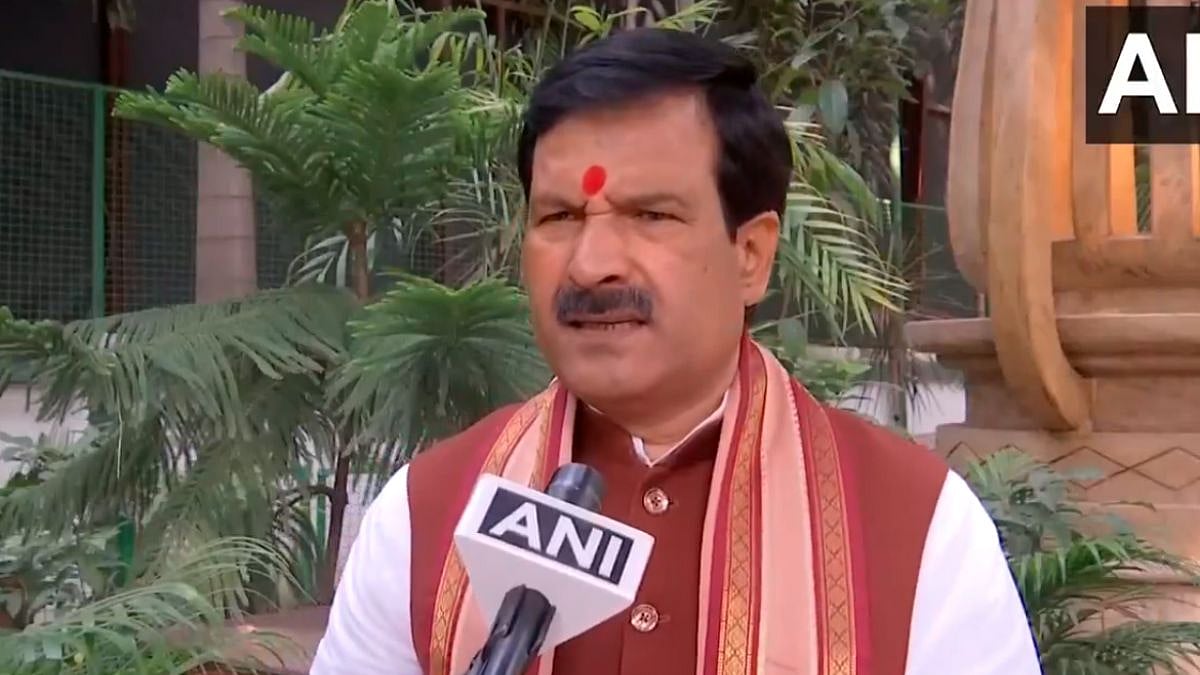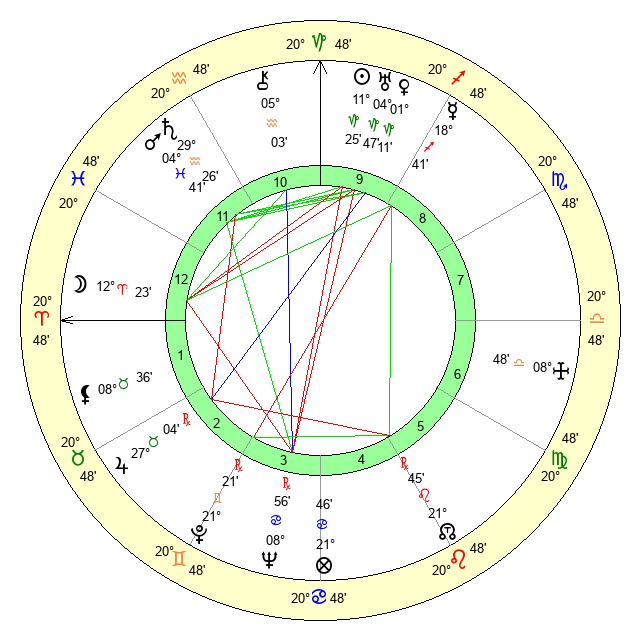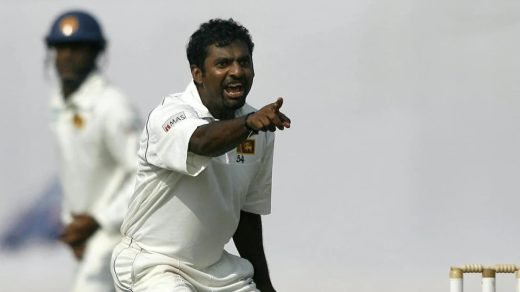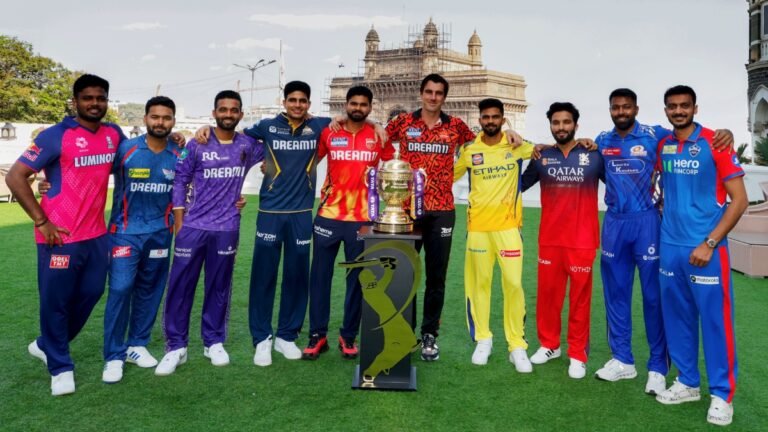
Mrityunjaya Prasad was a very important Indian politician who was first and foremost renowned for being the son of Dr. Rajendra Prasad, the first President of India, and Rajvanshi Devi. Mrityunjaya Prasad, despite being born into a family that was very influential in the nation’s political landscape, managed to create his own identity in Indian politics. He was the only direct family member of Dr. Rajendra Prasad to engage in electoral politics and make a mark on Indian politics that was considerable, albeit not very loud.
Mrityunjaya Prasad – The Politician of the Time

Mrityunjaya Prasad was born in the year 1906 and experienced all the ups and downs of the Indian freedom struggle along with their supporting ideologies of patriotism and selflessness at the time. He was the son of the great man mounted on the throne of finest values, who taught his children in their gradual steps, as a household, to live simply, study hard, and love their country. The exact location where he was born is not known, but he is supposed to have lived a major part of his early life in Bihar, which is also the political and cultural heartland of his family.
Mrityunjaya Prasad’s political career in Indian politics took place during a very dynamic and changeable period in Indian history. He was a Member of Parliament in the 4th Lok Sabha from Maharajganj, Bihar, region, and worked for the rural communities in the area concerning their social and economic needs. Values such as service, honesty, and the upliftment of the underprivileged were the guiding beliefs that shaped Mrityunjaya’s political vision, which was nothing less than the reflection of his father’s values.
Later, he returned to the House of Representatives through elections and got to the 6th Lok Sabha from the Siwan constituency. The repeated elections in his favor are an indication of his popularity and the extent to which people trusted his leadership. Though he was from one of the most iconic families in India, Mrityunjaya Prasad never flaunted his ancestry or the privileges that came with it, and instead, characterized his persona and political practice as being close to the ground, where people lived, and where development was most needed.
Personal Traits and Legacy

Mrityunjaya Prasad, who was known for his peaceful nature and disciplined way of working, was a person of very strong moral character, and his very good moral principles guided his understanding of life. He was more than a politician driven by ambition; his life in the public sphere was determined by a sense of duty. Unlike most of his peers, he did not take advantage of his father’s high position but rather gained respect through his own moral character and political activity.
He is still the only person from the family of Rajendra Prasad to get involved in Indian politics, and thus, the famous freedom fighter’s legacy was extended into the people’s rule.
Astrological Insights

Astrology says that Mrityunjaya Prasad was a Capricorn according to the Western zodiac sign, while according to the Vedic system, he was a Pisces, giving a combined aspect of ambition topped with compassion. The Chinese Zodiac sign for his year of birth is the Snake, symbolizing intelligence and tact in decision-making. Apparently, his Life Path Number is 1 according to his numerological chart, which stands for the traits of leadership, self-reliance, and creativity—traits that were present in his political journey.
Astrologers say that his planets will be in the same positions in 2025 as they were in the past when he experienced such transformations. Thus, Mars, Saturn, and Jupiter will be engaging in significant interaction, which usually marks times of deep contemplation and change—a process that has been and still is a part of the Indian political heritage.
Conclusion
Mrityunjaya Prasad did not want to be in the limelight like his frequently mentioned father, but his quiet participation in public life was proof of the sort of person he was. An intelligent man who was also humble and convinced of the rightness of his cause, he carried on the tradition of non-mercenary service that his father represented. Even at present, the mention of his name serves as a reminder that the political legacy is not only handed down but also gained through commitment and values.





